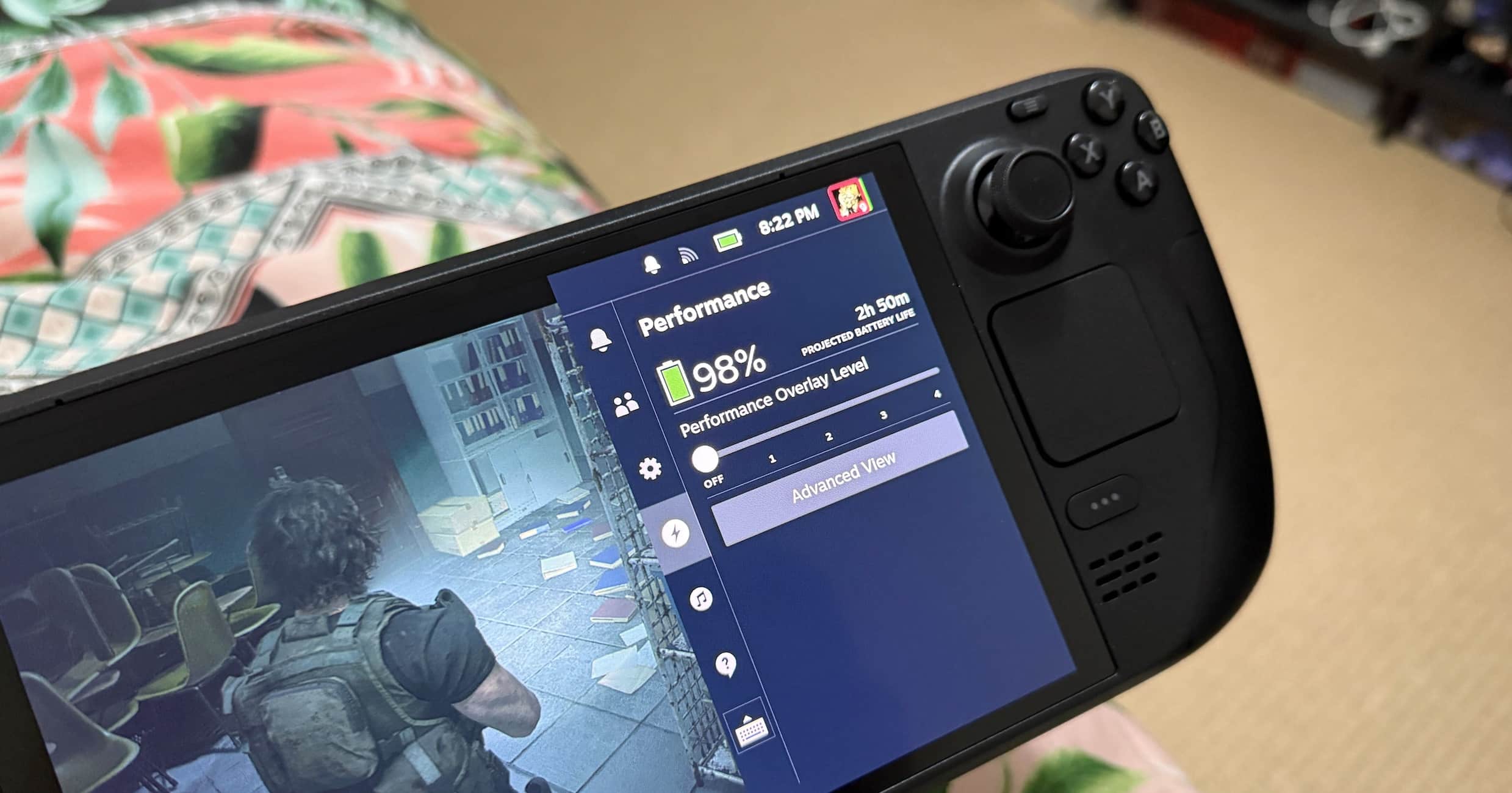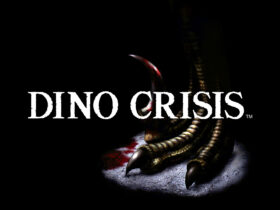With endless runs of layoffs, decade-long release cycles, and diminishing returns from graphics technology, there’s long been a growing sense that something has become deeply unsustainable about AAA games.
One of the most vaunted solutions to shortening development times without compromising on scale has, of course, been the development of AI in video games. This has come with two problems: firstly, the limitations of even later-generation models to perform the tasks required of them, and secondly, a public unwilling to spend money on AI-generated games.
AI in Gaming: Coding is Less Hated Than AI Art
AI is certainly already being used extensively used in the coding process, although this seems to be given something of a free pass compared to using it to replace artists. Admitting to AI-generated art being present in your game on Steam garners roughly the same reaction of saying all of the guns in your game were tested on real kittens, but we don’t see it so much with coding.
Perhaps it’s because we think of artists as struggling and talented, and coders as people who have a license to print money. In the current job market, that’s certainly not true. And in many cases, the AI art being criticized would almost certainly have been used by the artists themselves, not as a replacement for them.
People vehemently opposed to AI being used for assets are often dismissed as Luddites, but that’s a clear misunderstanding. Even the original Luddites weren’t opposed to technology for its own sake, but the way it was being employed against skilled workers. With the endless cycle of layoffs taking place in the videogame industry even as it reaches new records of revenue, the deployment of AI is simply a bad look and a step too far for many.
The assumption that clearly AI-generated content is disliked for ideological reasons also doesn’t hold much water. We’ve been here many times before, with the likes of procedural generation.
In the classic game Elite, the developers initially wanted to use the procedural generation of the universe to create a game with 282 trillion galaxies in it. They were refused by the publisher, who felt that audiences would feel like the curtain had been pulled back, revealing that the universe was a trick of mathematics, cheapening the experience and emphasising the sameness of the planets.
Eventually one of the developers, David Braben, would finally achieve something close to this vision and release Elite: Dangerous many years later, which featured 400 billion systems. The game reviewed well, but the main complaint? The systems lacked character and were too similar to each other. It’s unclear if current or upcoming generations of AI, which are necessarily derivative, are able to address this.
Defences of AI simply point out that it’s a tool to be used by workers like any other, and complaining about it is like bemoaning a Photoshop tool or indeed the computer itself. And yet, another defence seems most salient in the current era – games can’t very well get much bigger than they are unless the power of AI is unlocked.
How AI in Video Games Could Split the Industry in Two
Here we have an industry that’s being pulled at from two directions. On the first, conventional wisdom at least states that the public demand ever larger open worlds and better graphics, while complaining about lengthy release cycles. On the second, making extensive use of the most powerful productivity-increasing technologies risks alienating those same customers. Something looks likely to give.
Perhaps the solution, and likeliest scenario is an industry split. Parallels have been made before between the current state of AAA gaming and the era of epic films, when Hollywood produced lavish, cast-of-thousands stories that were sold on spectacle and extravagance. The era proved unsustainable and eventually gave way to much smaller projects that could be sold on artistic vision.
Something similar has happened in video games, driving the indie boom and their increasing popularity. But there’s still a significant gap between AAA titles that took 10 years of development and the small scope of games that dominate the indie scene. That gap seems open for studios to exploit – something between Ben-Hur and My Dinner With Andre.
Perhaps, then, it’s best if those against AI make a tactical retreat when it comes to AAA titles. These projects already operate at a mind-boggling scale, and without some kind of technological relief, the only alternatives are ballooning costs, longer delays, and further waves of layoffs. Let the auteurs scale down and present a clear vision backed by artists, and give a free hand to the games that want to show off pure spectacle.






